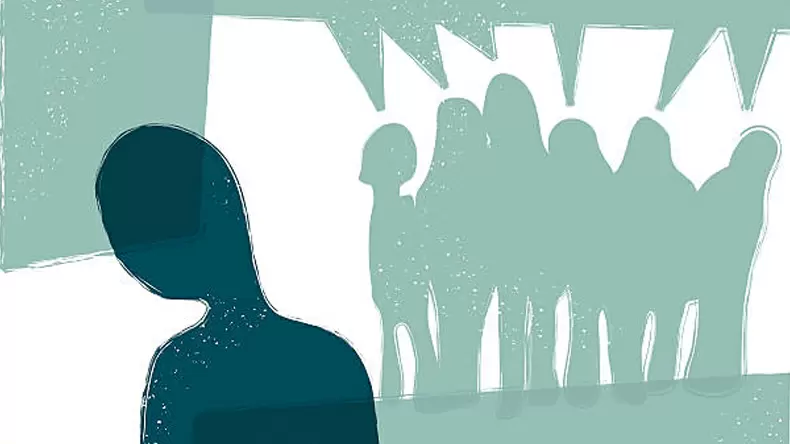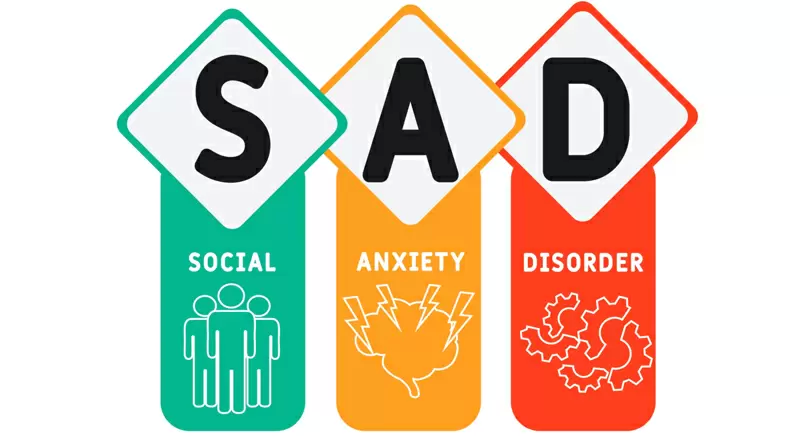Who Are You in Chiikawa Today? Quiz
If you're feeling unsure about whether you have a social anxiety disorder or not, taking a test can be a helpful way to gain clarity and insight. Our social anxiety disorder test is designed to assess the severity of your symptoms and provide you with a better understanding of whether you may be experiencing a social anxiety disorder. Don't hesitate to take the test and get the help you need to live a fulfilling life. Remember, seeking help is a sign of strength, and there's no shame in reaching out for support. 
Social anxiety disorder, also known as social phobia, is a mental health condition characterized by intense fear or anxiety in social situations. People with social anxiety disorder may feel self-conscious, judged, or embarrassed in social settings, such as parties, meetings, or public speaking engagements. They may avoid social situations altogether, or endure them with great distress, often experiencing physical symptoms such as sweating, trembling, blushing, or rapid heartbeat. Social anxiety disorder can significantly impact a person's daily life, relationships, and career opportunities. It's important to note that social anxiety disorder is a treatable condition, and seeking professional help can greatly improve symptoms and quality of life. 
There are several strategies and treatments that can be helpful in alleviating social anxiety disorder.
Mindfulness and relaxation techniques: Practices such as meditation, deep breathing, and progressive muscle relaxation can help manage anxiety and promote relaxation.
Lifestyle changes: Adopting healthy habits such as regular exercise, a balanced diet, and sufficient sleep can help reduce stress and anxiety.
Support groups: Joining a support group for individuals with social anxiety disorder can provide a sense of community and a safe space to share experiences and coping strategies.
Cognitive-behavioral therapy (CBT): This is a type of therapy that helps individuals identify and challenge negative thoughts and beliefs that contribute to social anxiety. It also teaches coping skills, such as relaxation techniques and exposure therapy, which involves gradually facing feared social situations in a safe and supportive environment.
Medication: Antidepressant medications, such as selective serotonin reuptake inhibitors (SSRIs), can be helpful in reducing social anxiety symptoms. However, medication should always be prescribed and monitored by a qualified healthcare professional.
It's important to note that what works for one person may not work for another, and a combination of approaches may be most effective. It's essential to work with a mental health professional to develop an individualized treatment plan that addresses your specific needs and circumstances.





























